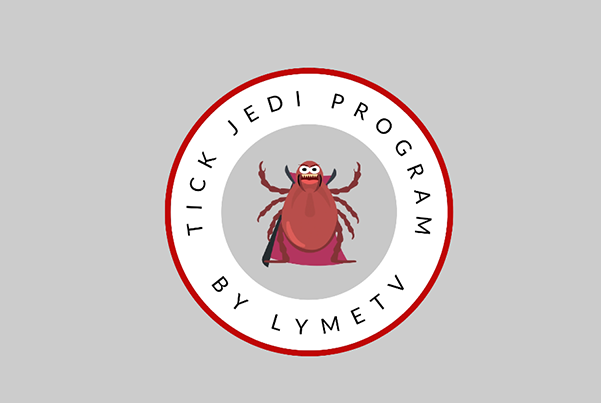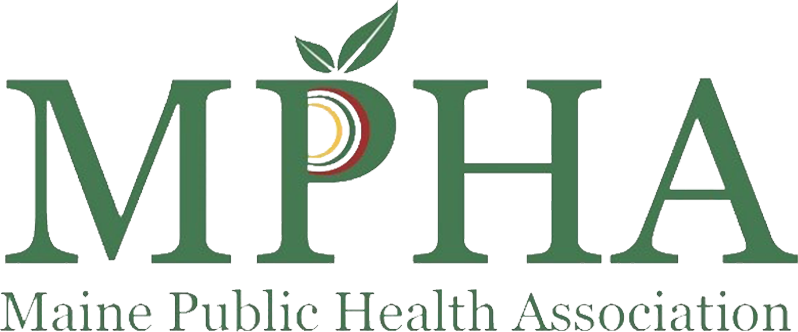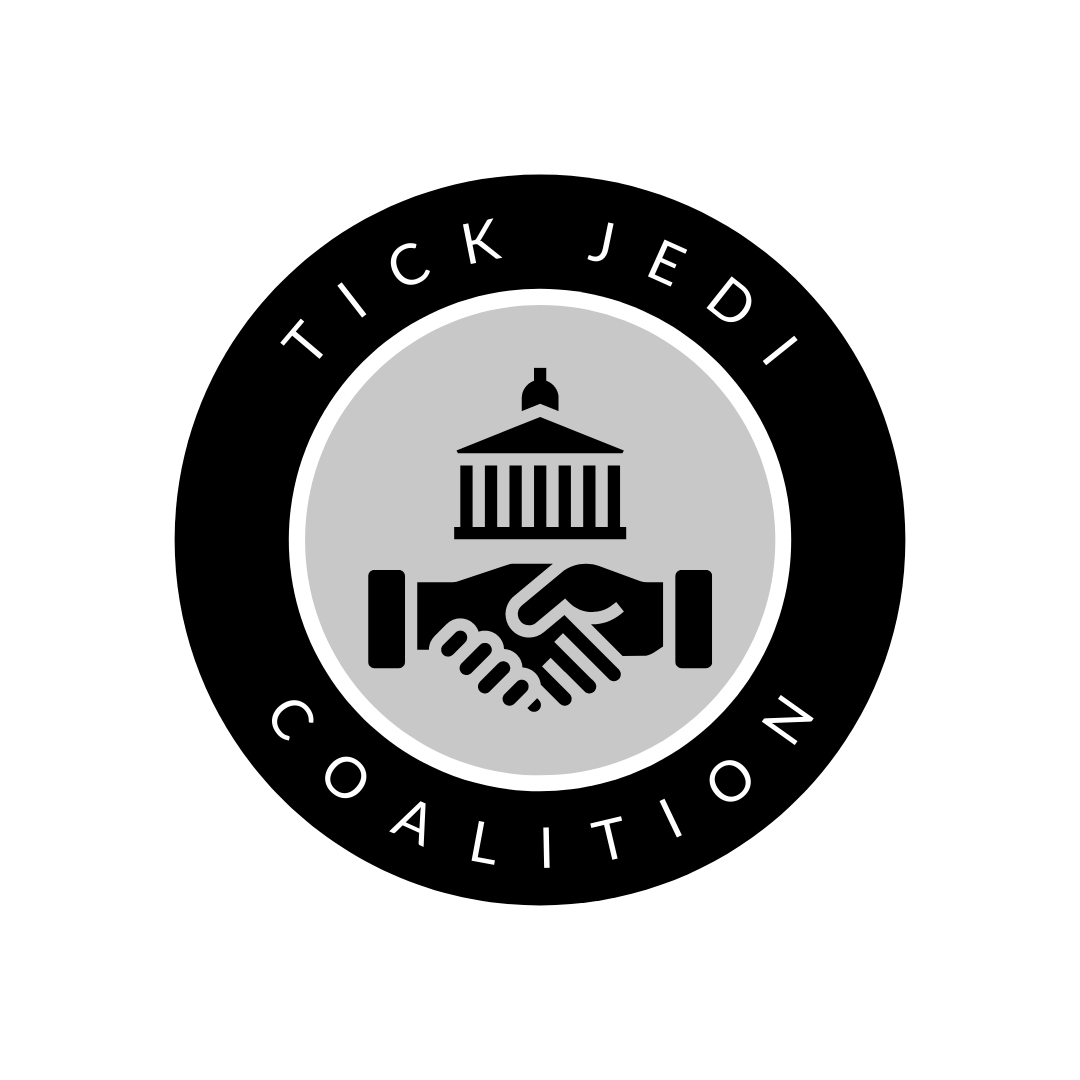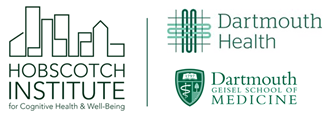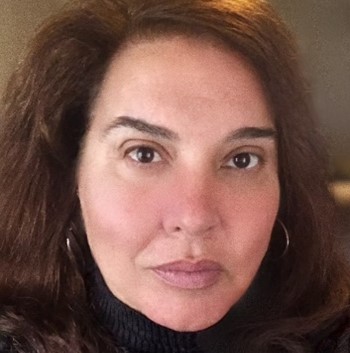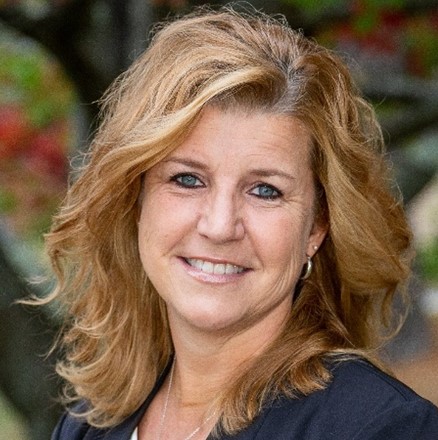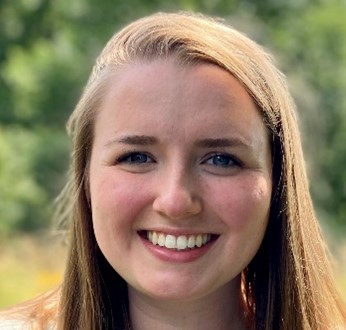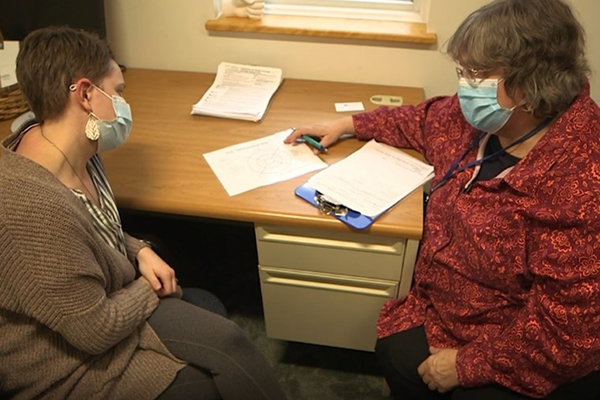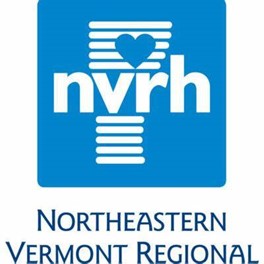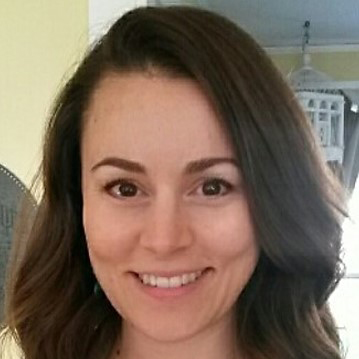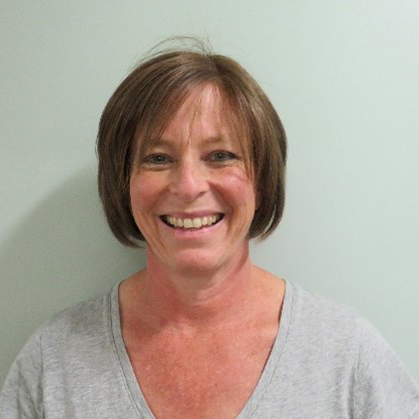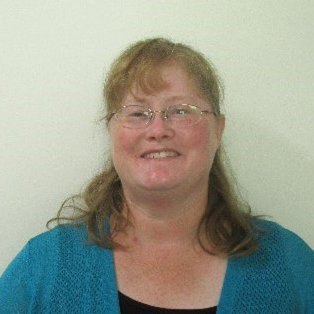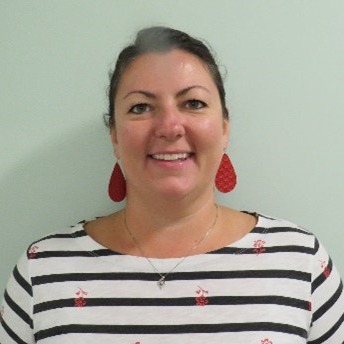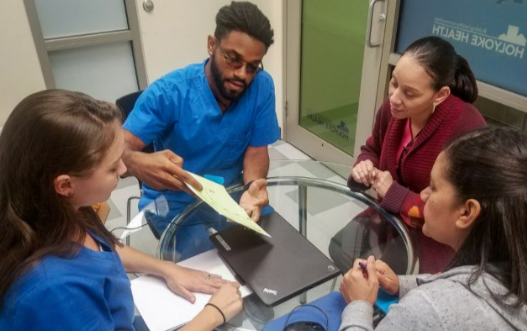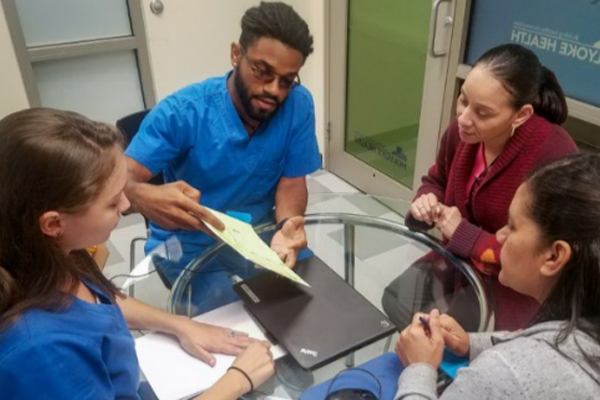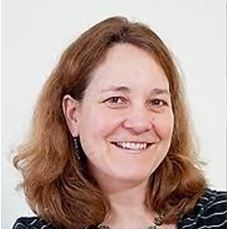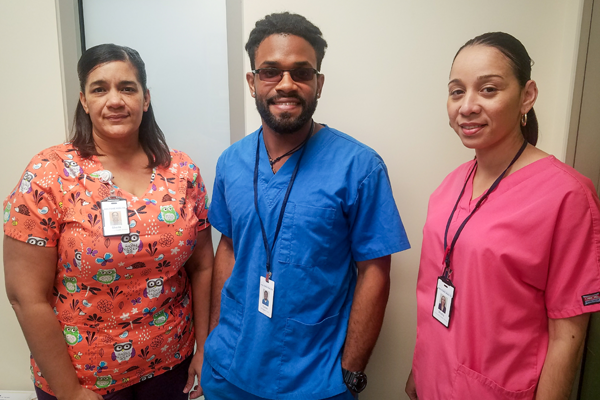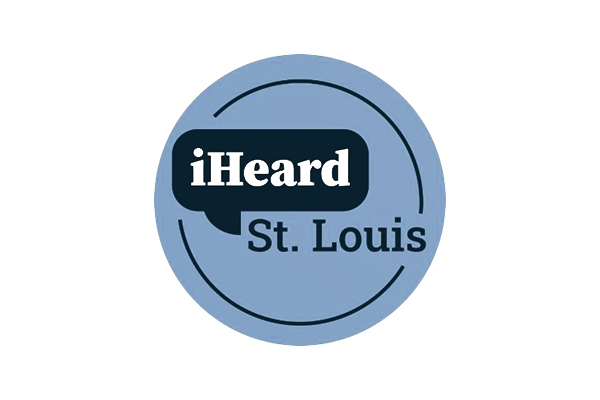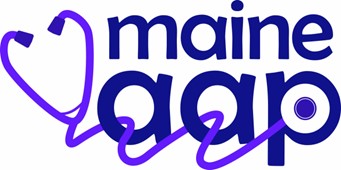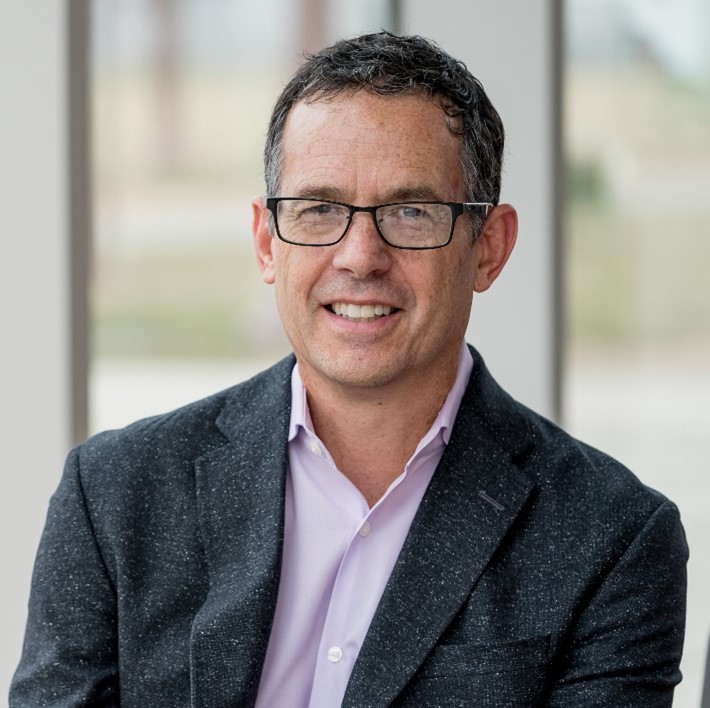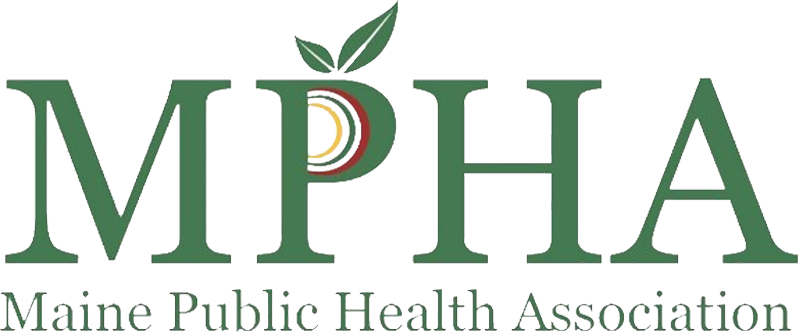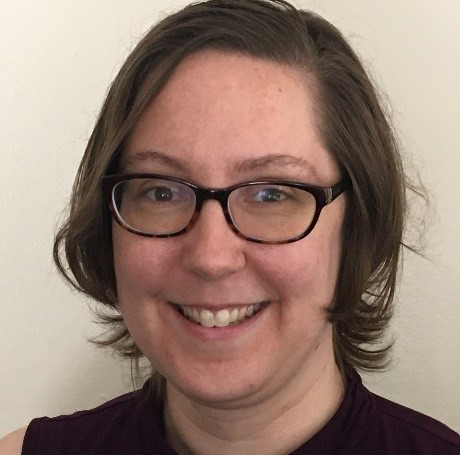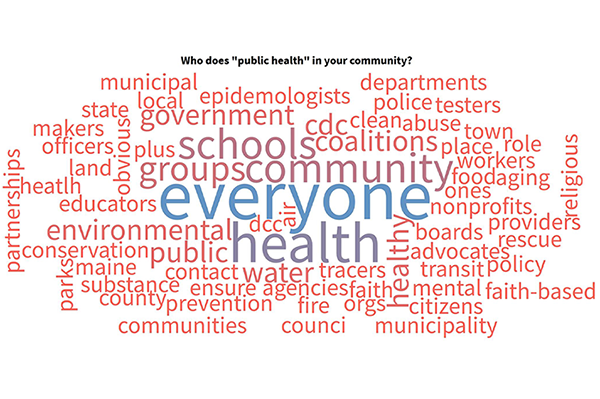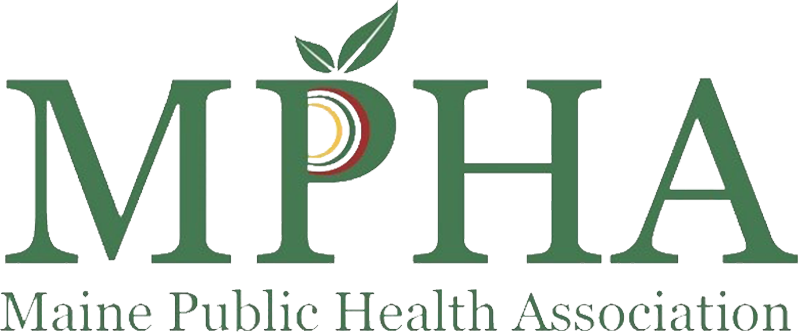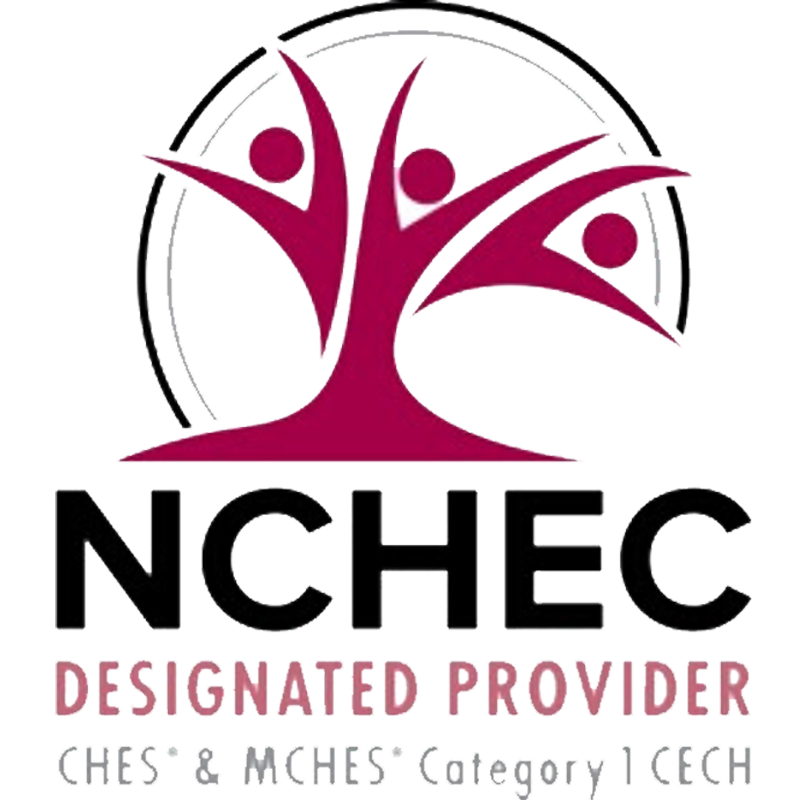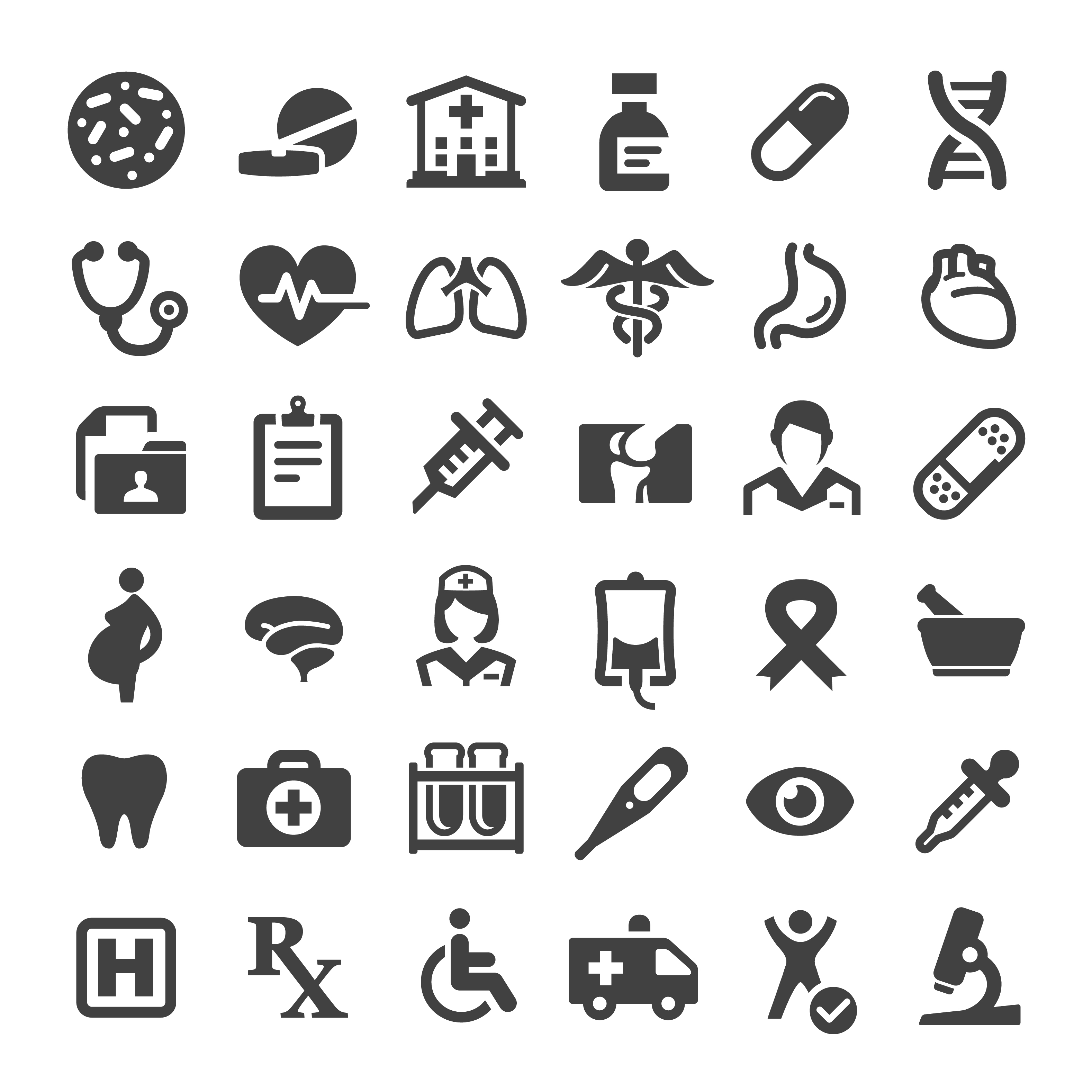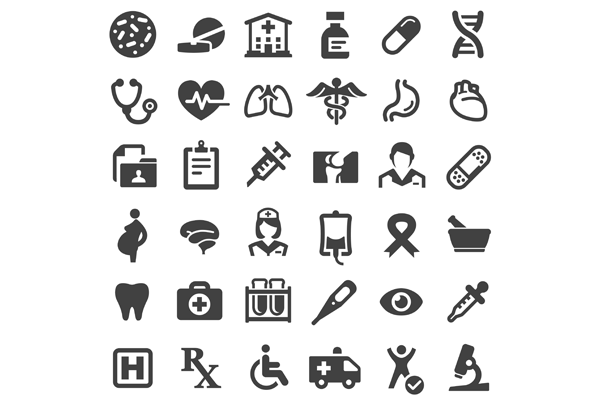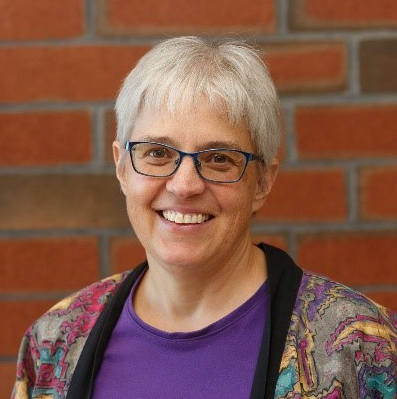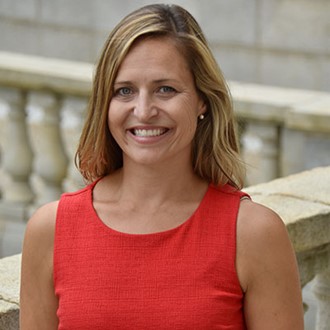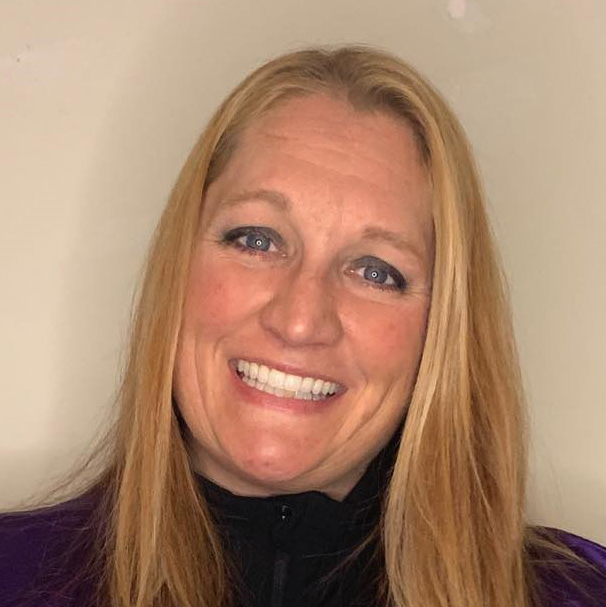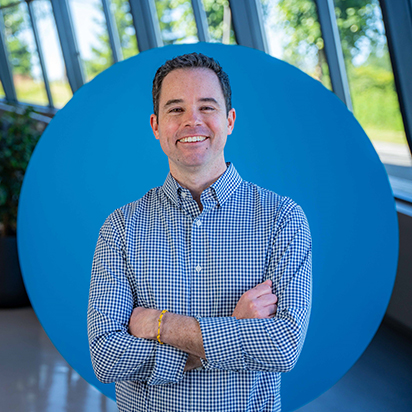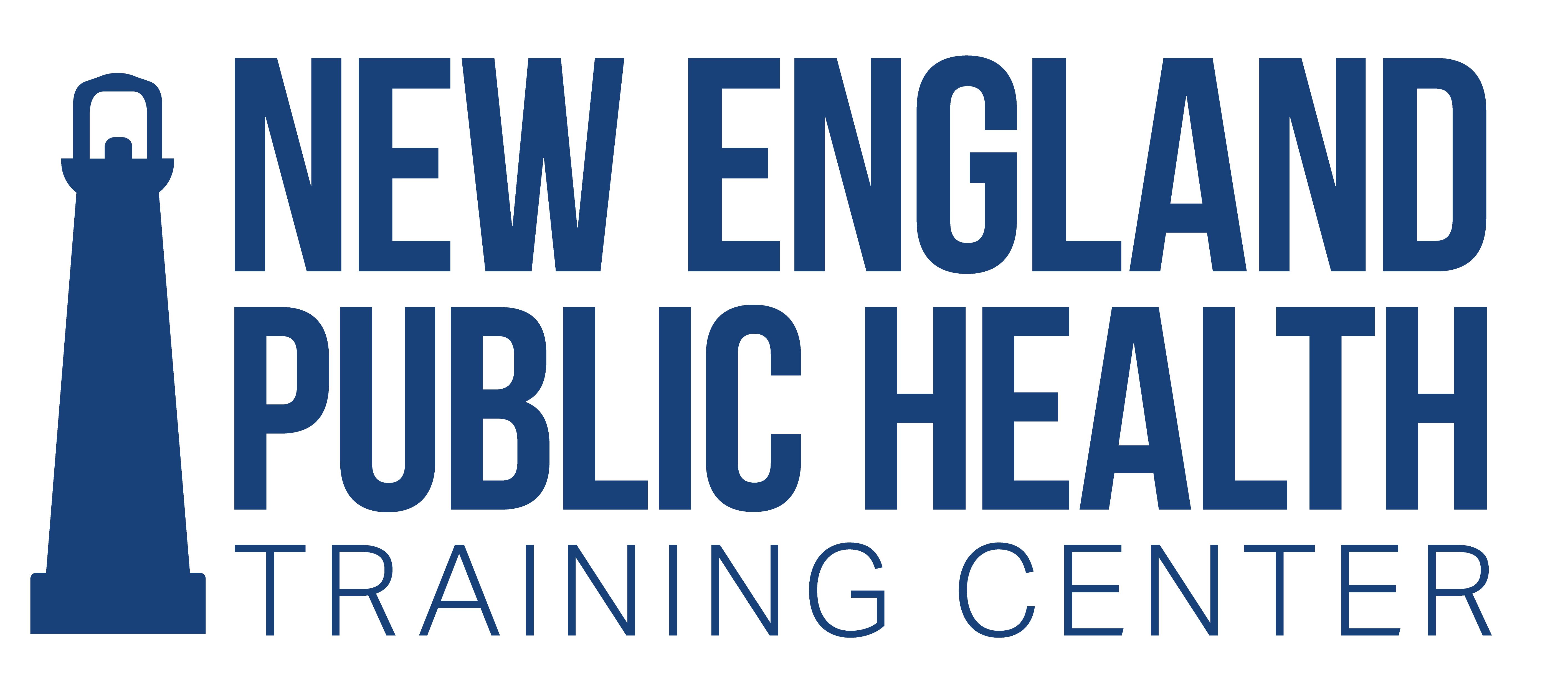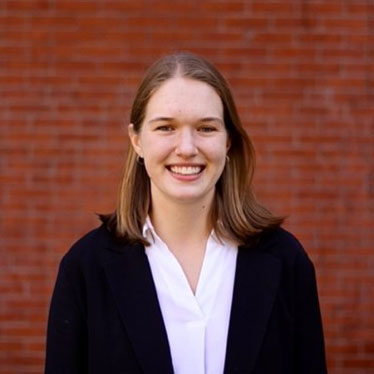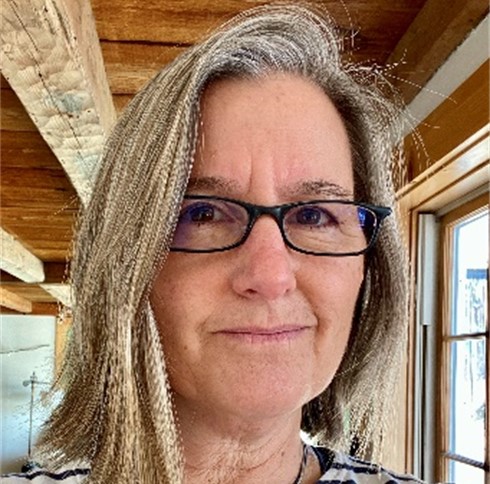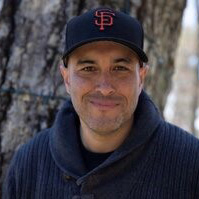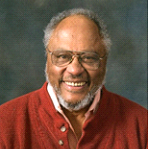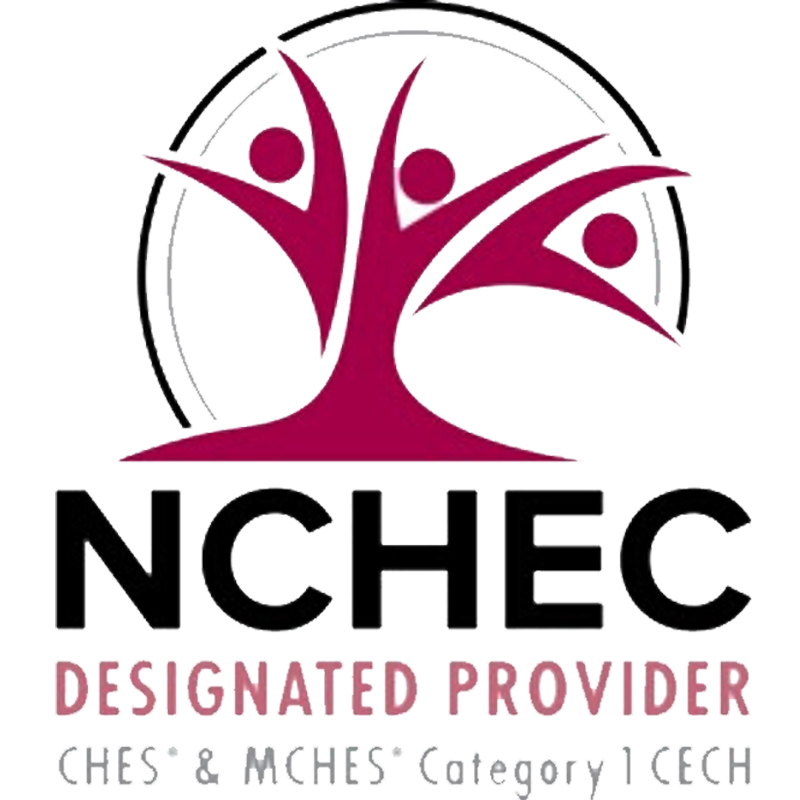
Webinar 1: Where Persuasion Fits in Health Conversations: Influencing Clients and Communities
How can you persuade clients and community groups about a health behavior or concept?


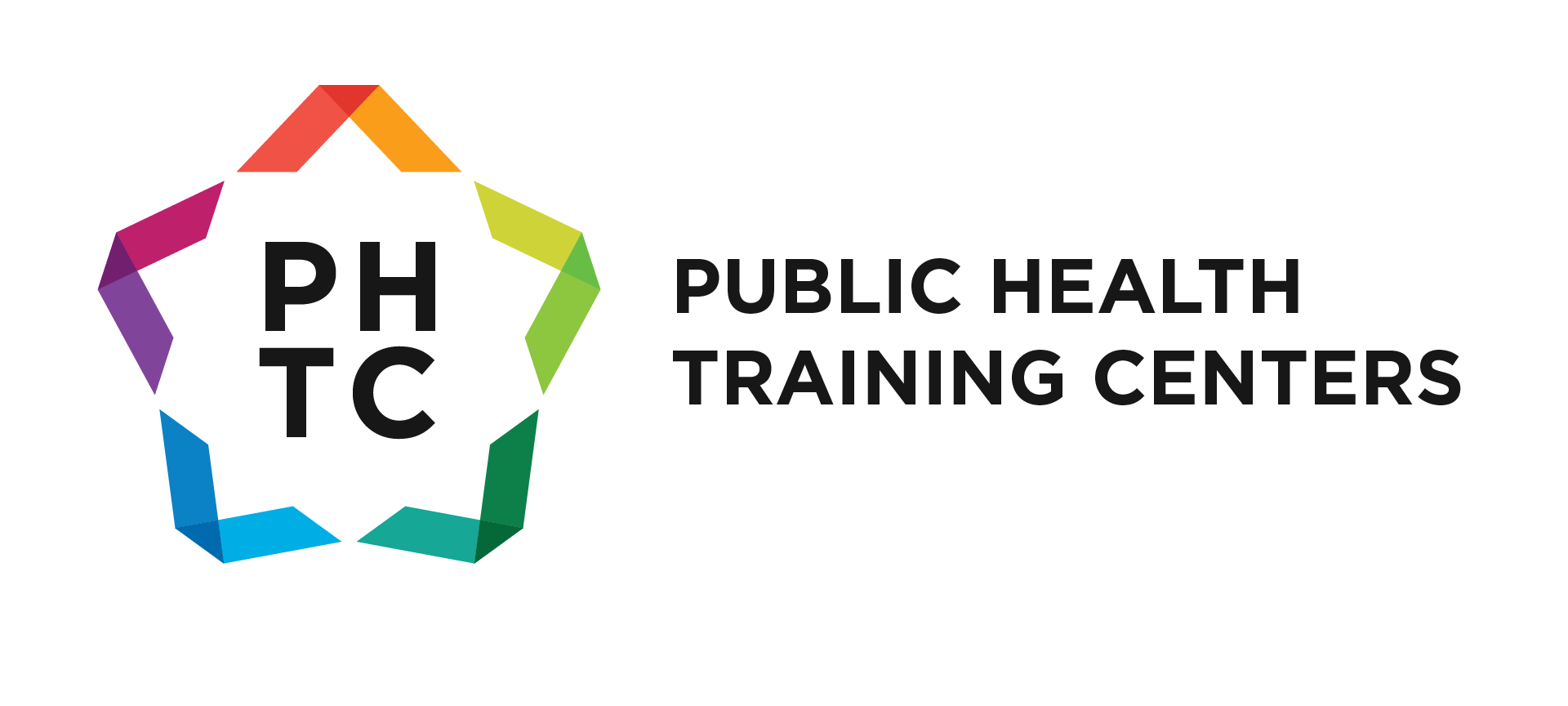

Register
Course Information
- Audience: Community health centers, community health workers, school staff, public health, non-profit organizations, mental health staff
- Format: Online Webinar
- Date/Time:
Tuesday, April 3, 2018
12:00-1:00 PMWebinar 2: Communicating to Different Personality Styles, Monday, May 7, 12:00-1:00pm
Webinar 3: Personal Presence When Making the Case for a Program, Tuesday, June 12, 12:00-1:00pm.
- Price: Free
- Length: 3 Webinar Sessions, each 1 hour
- Credential(s) eligible for contact hours: Sponsored by New England Public Health Training Center (NEPHTC), a designated provider of continuing education contact hours (CECH) in health education by the National Commission for Health Education Credentialing, Inc. This program is designated for Certified Health Education Specialists (CHES) and/or Master Certified Health Education Specialists (MCHES) to receive up to 1 total Category I continuing education contact hours. Maximum advanced-level continuing education contact hours are 0. Provider ID: 1131137 Event ID: SS1131137_WPFIHC1.
If you are not seeking CHES/MCHES contact hours, if you complete the evaluation, you will receive a Certificate of Completion. The Certificate will include the length of the course. - Competencies: Communication Skills
- Learning Level: Awareness
- Supplemental materials: PowerPoint
- Pre-requisites: None
About this Webinar
The series of three Webinars will provide a progressive look at the art of persuasion in a health conversation. As individuals, we form habits of communication and methods to attempt to influence others. The exploration will include examining beliefs and interpretations of information that impact how we communicate with our clients about their health. It becomes a challenge when evidence-based information is not convincing. This series will look at methods to navigate through emerging and competing influences that impact how patients send and receive information. By engaging others in meaningful conversations about their health we have a chance to influence.
What you'll learn
At the end of the course, participants will be able to:
- Name two communication mistakes to avoid when talking with clients or communities about behavior change.
- Identify two methods to apply to a health conversation to create a meaningful experience for the client or community.
- Differentiate between ineffective and effective persuasion strategies in health discussions.
Subject Matter Expert

Katherine Galasso
MS, CIF and Member of
the International Motivational Interviewing Network of Trainers, (MINT)
Primary Instructor
Katherine Galasso Consulting, LLC
Registration and Contact Hours
Select the Enroll button below to register for this webinar. If you have any trouble accessing the webinar, contact trainingmanager@nephtc.org.
The Certificate of Completion will include the length of the webinar. Generally 50 – 60 minutes is equivalent to 1 contact hour. Contact hours may be applicable towards continuing education requirements for certain credentials. Check with your credentialing body to verify if the topic meets its continuing education requirements.


